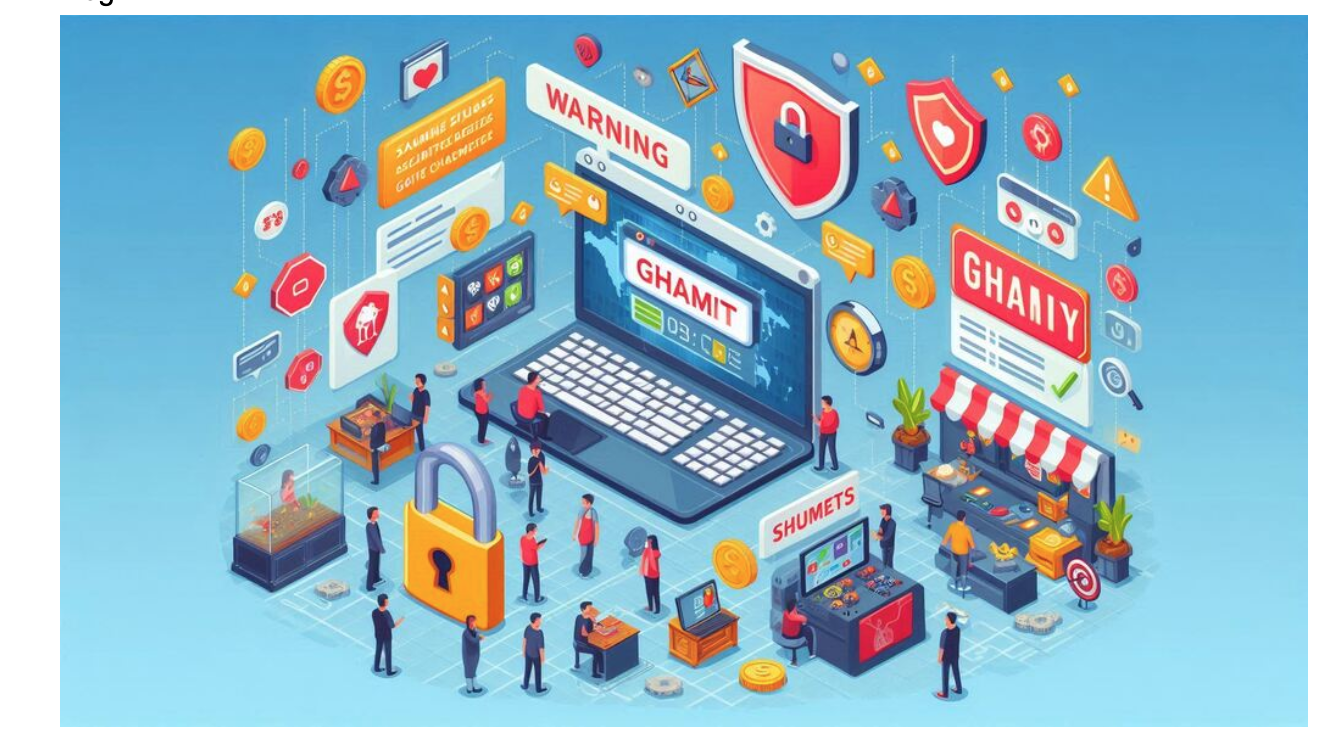In the ever-evolving world of online gaming, game cheat marketplaces have emerged as a significant concern. These platforms, where cheats and hacks for various games are bought and sold, pose considerable security risks both to players and developers. This blog delves into the security issues associated with game cheat marketplaces, examining the risks involved and the measures needed to protect the integrity of online gaming.
The Rise of Game Cheat Marketplaces
Game cheat marketplaces have become increasingly sophisticated, offering a wide range of cheats, hacks, and modifications for various games. These marketplaces cater to players looking for an unfair advantage in their favorite titles, often bypassing in-game security measures to access premium features or gain competitive edges. The popularity of these platforms has raised several security concerns, making it crucial to understand the risks and implications associated with them.
- Types of Cheats Available
Game cheat marketplaces offer various types of cheats, including aimbots, wallhacks, speed hacks, and more. These cheats can alter gameplay in significant ways, providing users with advantages that are not intended by the game developers. The availability of these cheats can undermine the fairness and balance of online gaming, making it essential to address the security risks associated with their distribution. - Security Risks for Players
Players who purchase cheats from these marketplaces often expose themselves to various security risks, including:- Malware and Viruses: Cheats obtained from unreliable sources may contain malware or viruses that can harm a player’s computer or steal personal information.
- Account Theft: Using cheats can lead to account bans or suspensions by game developers. Additionally, some marketplaces may collect personal information from users, increasing the risk of identity theft.
- Financial Risks: Many cheat marketplaces operate on a subscription basis, charging users for access to cheats or updates. This can lead to financial losses if the platform is fraudulent or if the cheats do not work as advertised.
- Security Risks for Developers
Game developers face their own set of security risks from cheat marketplaces:- Increased Cheating: The availability of cheats can lead to a rise in cheating incidents, which can damage the reputation of the game and reduce player satisfaction.
- Exploitation of Vulnerabilities: Cheats often exploit vulnerabilities in the game’s code, which can lead to further security issues if not addressed promptly.
- Economic Impact: The presence of cheats can affect the economic model of a game, particularly for those with in-game purchases or microtransactions. Cheating can disrupt the game’s economy and affect revenue.
Measures for Securing Game Cheat Marketplaces
To mitigate the risks associated with game cheat marketplaces, both players and developers need to adopt effective security measures:
- Educating Players
Players should be educated about the risks associated with using cheats and purchasing from unreliable sources. Awareness campaigns and educational resources can help players make informed decisions and avoid compromising their security. - Strengthening Security Protocols
Game developers should implement robust security protocols to detect and prevent cheating. This includes regular updates to anti-cheat systems, encryption of game data, and monitoring of player behavior to identify suspicious activities. - Legal Actions
Legal actions against cheat marketplaces can serve as a deterrent for those involved in the distribution and sale of cheats. Developers and regulatory bodies should work together to enforce laws and regulations that address cheating and protect the integrity of online gaming. - Collaborating with Security Experts
Collaboration with cybersecurity experts can help developers identify and address vulnerabilities in their games. Regular security audits and updates are essential for maintaining the integrity of the game and protecting against cheat-related threats. - Implementing Anti-Cheat Measures
Advanced anti-cheat measures, such as machine learning algorithms and behavioral analysis tools, can improve the detection and prevention of cheating. These measures can help identify patterns and anomalies that indicate cheating activities.
Case Studies: Security Challenges in Game Cheat Marketplaces
- The Rise of Cheat Engine:
Cheat Engine, a popular tool for modifying game files, has been associated with numerous security issues. It allows users to alter game data, leading to potential vulnerabilities and exploitation. The developer community has responded with various anti-cheat measures to address these challenges. - The Impact of Fortnite Cheats:
Fortnite, a widely popular online game, has faced significant issues with cheats and hacks. The game developer, Epic Games, has implemented various security measures to combat cheating, including legal actions against cheat providers and regular updates to the game’s security systems. - CS
and Cheating Issues:
Counter-Strike: Global Offensive (CS
) has also dealt with issues related to cheats and hacks. Valve, the game’s developer, has introduced several updates and security measures to address these issues and maintain a fair gaming environment.
Best Practices for Addressing Cheat Marketplace Security
- Regular Security Audits:
Conducting regular security audits can help identify and address vulnerabilities in game code and anti-cheat systems. This proactive approach can prevent cheats from exploiting weaknesses in the game. - Engaging with the Community:
Engaging with the gaming community can provide valuable insights into emerging cheating trends and threats. Developers should encourage players to report suspicious activities and provide feedback on security measures. - Enhancing Communication:
Clear communication with players about the risks of using cheats and the measures being taken to combat cheating can help build trust and reinforce the integrity of the game. - Investing in Technology:
Investing in advanced technologies, such as artificial intelligence and machine learning, can enhance cheat detection and prevention efforts. These technologies can analyze player behavior and detect anomalies that indicate cheating.
Conclusion
Game cheat marketplaces present significant security risks for both players and developers. By understanding these risks and implementing effective security measures, the gaming community can work towards maintaining the integrity of online gaming and ensuring a fair and enjoyable experience for all players. As technology and cheating methods continue to evolve, ongoing vigilance and collaboration will be crucial in addressing these challenges.

